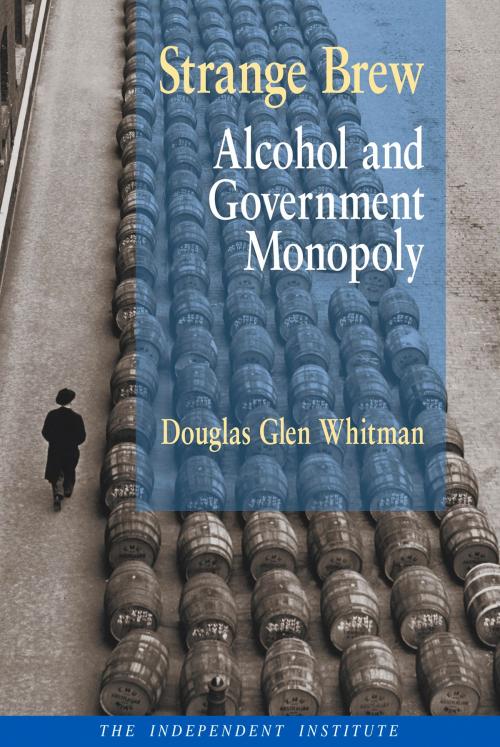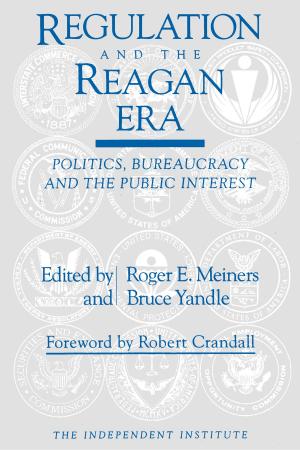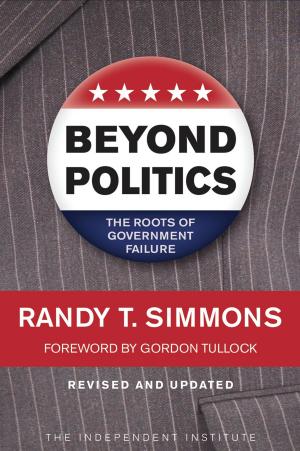Strange Brew
Alcohol and Government Monopoly
Business & Finance, Industries & Professions, Industries| Author: | Glen Whitman | ISBN: | 9781598132625 |
| Publisher: | Independent Institute | Publication: | May 1, 2003 |
| Imprint: | Independent Institute | Language: | English |
| Author: | Glen Whitman |
| ISBN: | 9781598132625 |
| Publisher: | Independent Institute |
| Publication: | May 1, 2003 |
| Imprint: | Independent Institute |
| Language: | English |
When prohibition ended in 1933, laws were passed that regulated the sale of alcoholic beverages, ostensibly to protect wholesalers from the depredations of suppliers and the public from the ill effects of alcohol. This book examines the monopoly protection laws, also known as franchise termination laws, and how they lock suppliers into government-mandated contracts with alcohol wholesalers that affect consumers by raising prices and reducing the quality of alcoholic products and services. This study also investigates the notion that alcohol consumption is a sin and how legal restrictions have substituted the moral judgment of legislators for that of the consumer. Strange Brew demonstrates that the monopoly protection laws reflect powerful special interests in the political process who use such measures to control markets, shield themselves from competition and consumer preferences, and set prices with relative impunity. This book will be of great value to those in the alcoholic beverage industry as well as to students of economics, regulation, and public policy.
When prohibition ended in 1933, laws were passed that regulated the sale of alcoholic beverages, ostensibly to protect wholesalers from the depredations of suppliers and the public from the ill effects of alcohol. This book examines the monopoly protection laws, also known as franchise termination laws, and how they lock suppliers into government-mandated contracts with alcohol wholesalers that affect consumers by raising prices and reducing the quality of alcoholic products and services. This study also investigates the notion that alcohol consumption is a sin and how legal restrictions have substituted the moral judgment of legislators for that of the consumer. Strange Brew demonstrates that the monopoly protection laws reflect powerful special interests in the political process who use such measures to control markets, shield themselves from competition and consumer preferences, and set prices with relative impunity. This book will be of great value to those in the alcoholic beverage industry as well as to students of economics, regulation, and public policy.















